EXCLUSIVE: Coke, Catholic Guilt, Explosive 'Little Man Syndrome' Rages… And Lots More Coke — Radar Unpacks Everything You Need to Know About Martin Scorsese's Pitch-Black Soul
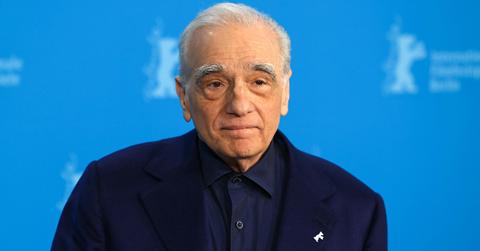
Martin Scorsese's habits, guilt, and explosive tendencies revealed in a five-part Apple TV series.
Nov. 16 2025, Published 2:50 p.m. ET
RadarOnline.com can reveal Martin Scorsese's darkest struggles – from drug addiction and violent rages to a near-fatal overdose – thanks to a searing new exposé the director admits forced him to confront the "good and evil" within himself.
The five-part Apple TV series, Mr. Scorsese, directed by Rebecca Miller, charts the 82-year-old filmmaker's turbulent life and career, from his tough upbringing in New York's Little Italy to his ascent to one of Hollywood's most revered directors.
Catholic Guilt and Lifelong Struggle
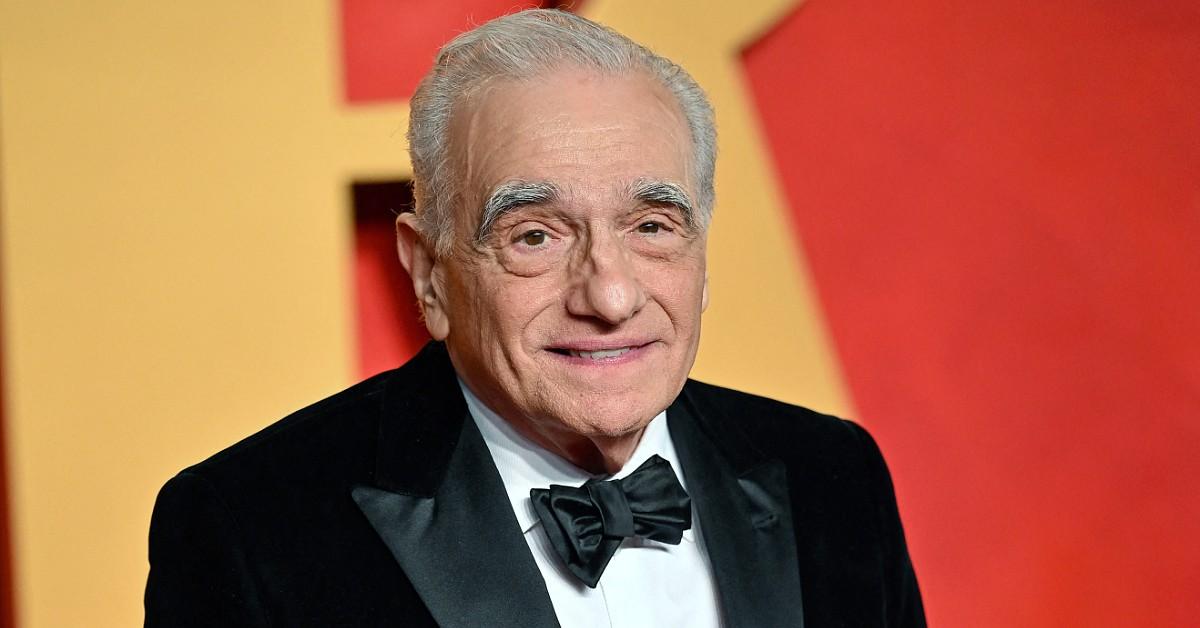
Martin Scorsese battled cocaine addiction in the 1970s.
Featuring interviews with longtime collaborators Robert De Niro, Leonardo DiCaprio and Francesca Scorsese, as well as stars such as Cate Blanchett, Jodie Foster and Sharon Stone, the series lays bare the chaos, addiction, and guilt that shaped his greatest films – and fueled his inner torment.
At its heart lies Catholic Scorsese's lifelong battle between faith and sin. "Who are we? What are we, I should say, as human beings?" he says in the series' opening. "Are we intrinsically good or evil?… this is the struggle. And I struggle with it all the time."
Raised in a devout Catholic family and once intent on becoming a priest, Scorsese's fascination with sin and salvation would later fuel Mean Streets, Taxi Driver and The Last Temptation of Christ.
Yet, as his fame rose, his own temptations nearly destroyed him.
"The problem is that you enjoy the sin!" he admits in the documentary. "That's the problem I've always had! I enjoy it. When I was bad, I enjoyed a lot of it."
Cocaine Addiction and Near-Fatal Overdose
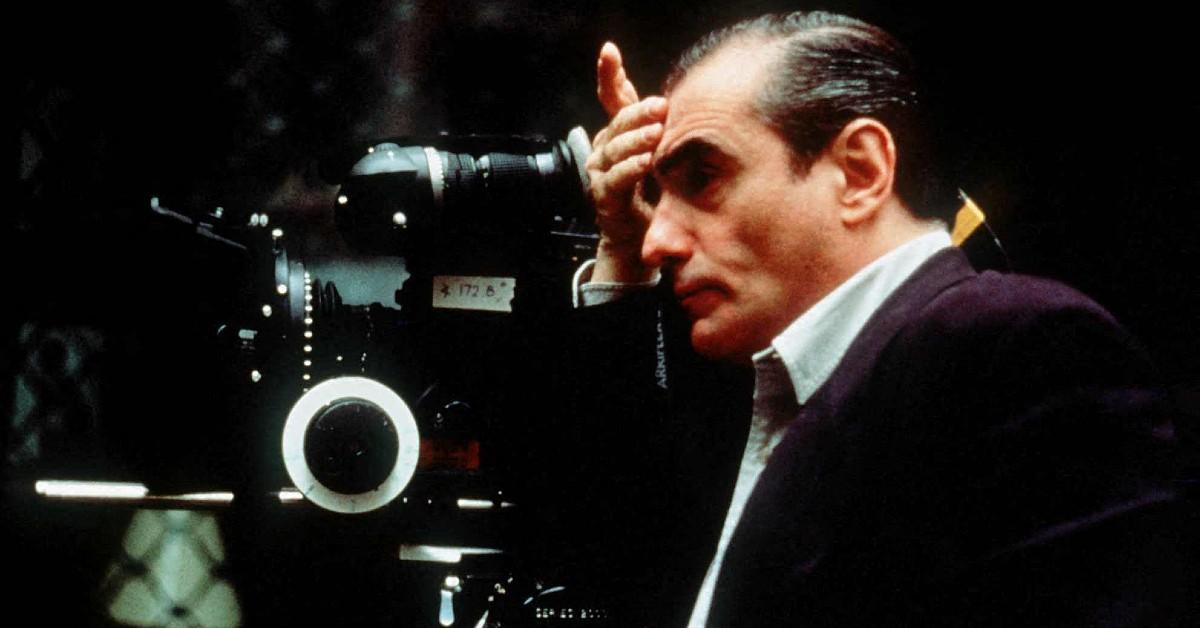
Scorsese admitted he enjoyed the sins he committed.
By the late 1970s, his cocaine use was spiraling. During the chaotic production of New York, New York in 1977, Scorsese describes being consumed by excess.
"We were trying to find something, find the muse again, I guess. The joke is always, 'It makes me work better,'" he says. "Meantime, you're dead!"
The collapse came in 1978, when he was rushed to the hospital after a near-fatal overdose turned his body black and blue due to massive internal bleeding.
"A very, very major part of me wanted to die," he recalls. "I didn't know how to do the work anymore. I didn't know how to create anymore."
A friend of the director said: "That overdose was the turning point. He was physically wrecked, emotionally empty. Everyone around him thought he wouldn't make it. But that moment forced him to start over."
Explosive Anger and 'Little Man Syndrome'
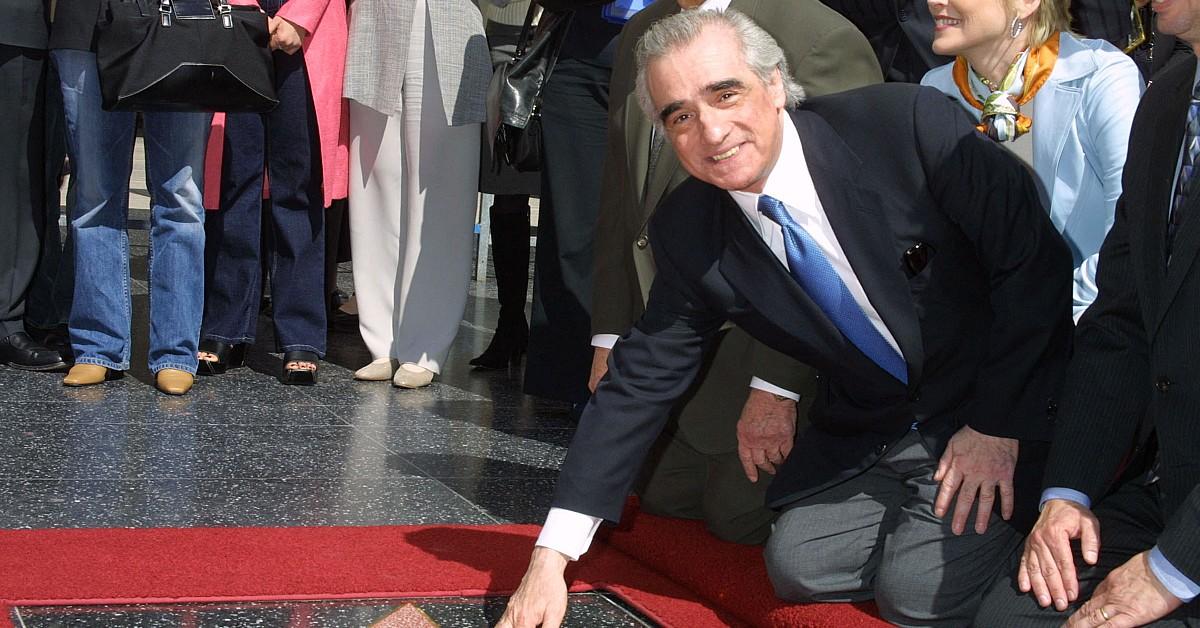
Robert De Niro visited him in the hospital and pitched Raging Bull.
De Niro, who visited him in the hospital, pitched the idea that became Raging Bull as Scorsese lay recovering from his near-deadly coke addiction. Scenes in the film show him bleary eyed partying to his limit with a high-as-a-kite Robbie Robertson, the late guitarist for The Band.
Raging Bull marked Scorsese's creative rebirth – a film about destruction, guilt and redemption that mirrored his own.
Anger was another demon. Scorsese admits he often "lost it" when battling studio executives over Taxi Driver's violent content.
"They're gonna destroy the film anyway, you know? So let me destroy it," he says of his fury at Columbia Pictures' demand to have the film pulled due to its extreme language and violence. Years later, he was still prone to explosions.
Isabella Rossellini, his third wife, remembers "he could demolish a room" due to his outbursts of violence – one of which she had filmed to show him how shocking they were.
The actress also hints Scorsese suffers from a Napoleon-style "little man syndrome" as he has a "tiny body."
Therapy, Reflection and Hard-Won Peace

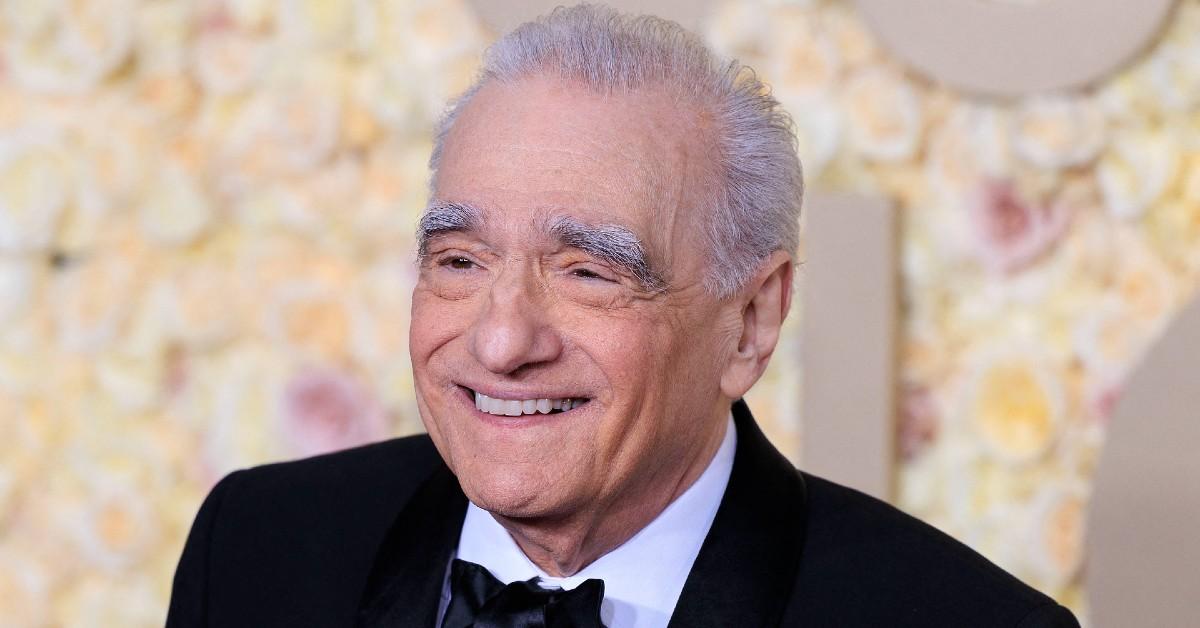
Scorsese created films exploring guilt, redemption, and faith.
Scorsese now credits therapy for saving his life.
"If it wasn't for the doctor – five days a week, phone calls on the weekend, strong, steady work on straightening my head out – I'd be dead," he says. "The anger is still gonna be there, but keep the shouting down in the back of your head."
Even his religious-themed films provoked controversy. The Last Temptation of Christ was banned in several countries after protests over its depiction of Jesus.
Reflecting on the backlash, Scorsese says portraying violence or blasphemy onscreen is worthwhile "if it's truthful violence," adding: "We are all capable of such actions if pushed."
Now, after decades of turmoil, the director's tone is one of weary peace. "People die in life, and they come back," he says near the series' end.
"You died," a medicine man once told him, "but now you're alive again."


